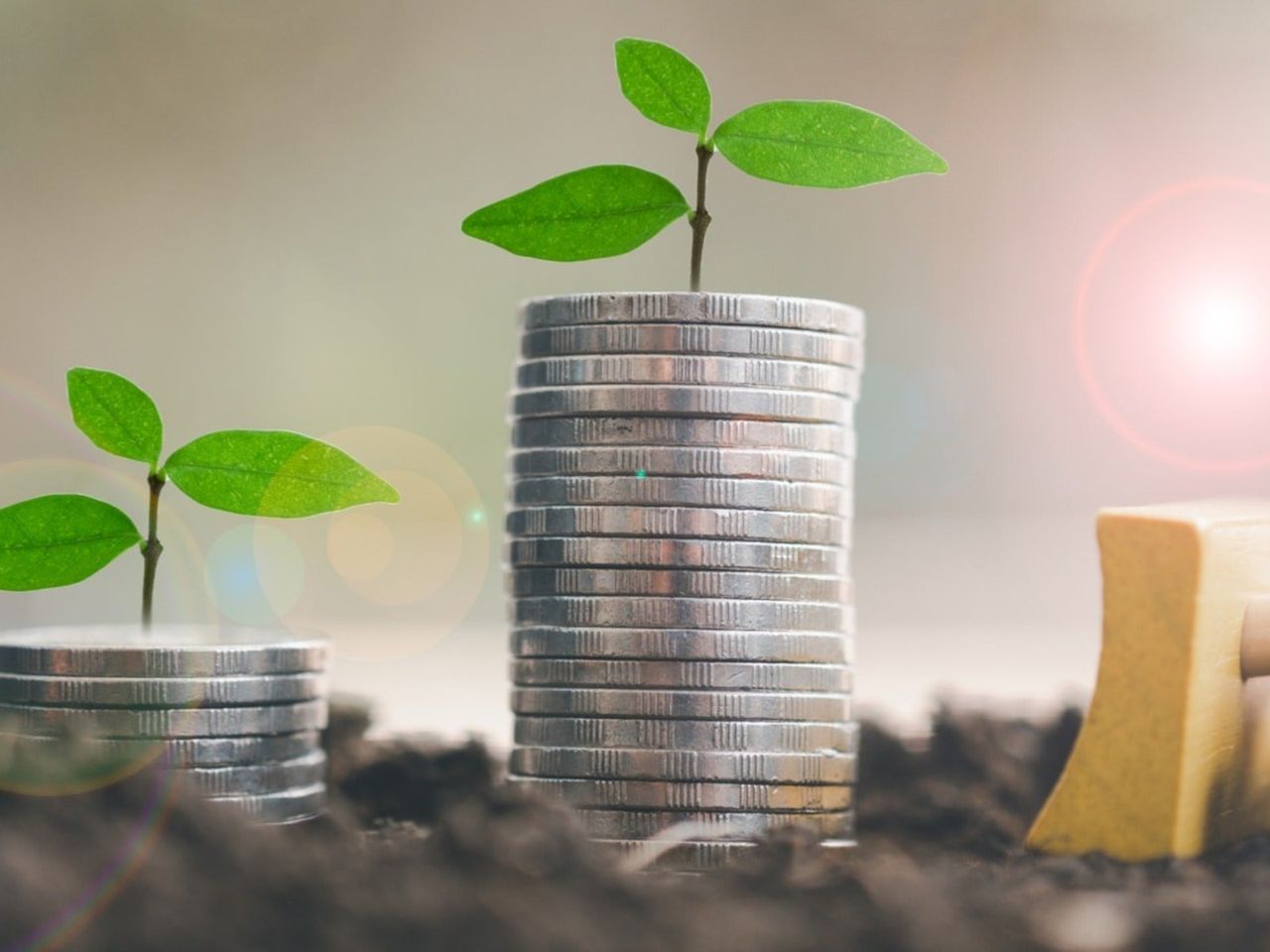How To Start A Garden Cheap – Get Growing For Almost Nothing


Knowing how to start a garden cheap is important for improving access to a hobby that can be expensive. Don’t let the costs of gardening or the expertise of master gardeners intimidate you. Gardening is truly for everyone, even newbies and those on a budget.
What You Need to Start a Garden
Before you start seeking out free or budget supplies, make a list. Of course, the first thing you need is space. This can be your yard, a community space set aside for a garden, or containers on a balcony or patio. For the latter, you’ll need to start with pots and potting soil. Regardless of garden type, you’ll need these basic elements to get started:
Soil
If you have garden space, you probably have soil already. However, you might need to amend it with higher quality soil. Existing soil can be dense or deficient in nutrients. At a minimum, you will need to turn the soil to break it up and loosen it for planting.
Plants
Next, you need plants to grow. This can be in the form of cuttings or divisions from a mature plant, seeds, or transplants.
Tools
You don’t need a lot of tools to start gardening, but consider at least getting a shovel, hand trowel, and garden fork. You might also need something for carrying soil and plants around the garden, like a large bucket or a wheelbarrow.
Nutrients
Plants need water, sunlight, and nutrients to grow. Assuming you have the first two on hand, you might need to add nutrients to your soil. You can do this with compost or other organic material and fertilizer.
How to Start a Garden on a Budget
Acquiring the above items doesn’t have to cost a lot. Yes, you can spend a fortune on a garden if you want to, but it isn’t necessary. Look for used tools for sale online and shop your local garden center sales. Yard and garage sales are also good sources for budget garden items.
Gardening tips, videos, info and more delivered right to your inbox!
Sign up for the Gardening Know How newsletter today and receive a free copy of our e-book "How to Grow Delicious Tomatoes".
You might have to splash out for good soil, but this is a worthwhile expense. Your plants will grow best in high-quality soil rich in nutrients. To save money going forward, make your own compost using garden waste and kitchen scraps.
When it comes to plants, you can save a lot of money by doing your homework. Learn about which plants grow best in your area and the specific conditions of your garden. Once you’ve chosen plants, be sure you know the best times to plant them and the care and maintenance they need to thrive. You can save a lot in gardening simply by avoiding losing plants.
Look for plant sales through your local county’s extension office. They often have regular sales of plants that are less expensive than what you’ll find at a garden center.
How to Start a Garden for Free
Starting a garden on a budget is great, but if you have no extra funds to start a backyard garden, consider these free options:
Friends and Neighbors
Fellow gardeners are your best resources for freebies. Ask for cuttings or seeds. Most gardeners are happy to oblige. Offer to share once you get up and running. Your neighbors might also be willing to let you borrow garden tools.
Seed Libraries
Check with your local public library. Many have begun seed libraries, which are free to patrons. You can take home free seeds for vegetables, flowers, and perennials to start your garden.
Neighborhood Free Groups
Find a local free or giveaway group on social media. These groups are designed to connect neighbors who want to offer items for free. Many people offer up cuttings, seeds, and divisions from their houseplants and gardens. You can probably also find gardening tools in these groups.
City Government
Check with your local government to find out if it offers free mulch or compost. Many cities use yard waste to create mulch and compost that is free for residents to pick up.
Knowing how to start a cheap garden, or even a free garden, is a great first step. Once you have all the supplies you need, you’re ready to start planting and growing.

Mary Ellen Ellis has been gardening for over 20 years. With degrees in Chemistry and Biology, Mary Ellen's specialties are flowers, native plants, and herbs.